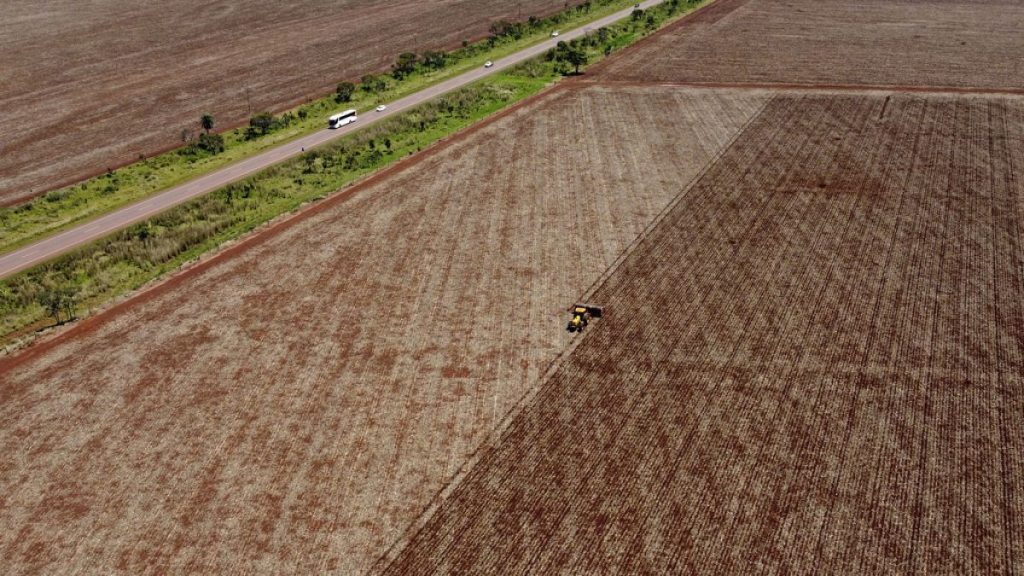European farmers are expressing discontent over a proposed free trade agreement between the European Union and Mercosur, a group of five Latin American countries. Negotiated since 1999 and set to be signed in 2019, the agreement is believed to create unfair competition for European agriculture. Farmers fear that the agreement will drive down prices, particularly for products like beef, and lead to an influx of imports that will harm local producers. The agreement is also opposed due to concerns about social, health, and environmental impacts, such as increased deforestation for livestock farming.
The demonstrations in Brussels were led by the European farmers’ federation Coordination Européenne de la Via Campesina (ECVC) and the farmers’ union FUGEA. Farmers fear that the agreement will put small producers at risk, especially those who are already struggling due to various challenges such as diseases affecting livestock. Critics of the agreement also question the need to import products like beef from distant countries when they can be produced locally in the European Union. There are calls for the inclusion of “mirror clauses” to prevent negative impacts on biodiversity and the environment as a result of increased deforestation.
The proposed agreement aims to enhance trade in goods and services between the EU and the Mercosur countries by removing trade barriers, customs duties, and standardizing norms and regulations. Proponents of the agreement argue that it will provide opportunities for European companies, farmers, and service providers in a market of 720 million consumers. Spanish MEP Javier Moreno Sánchez emphasized the importance of diversifying trade partners, especially in the current geopolitical context with global tensions and uncertainties.
The decision on whether to proceed with the agreement lies with the EU, but it has faced opposition from some Member States such as France, Poland, and Austria. While countries like Germany, Spain, and Italy support the agreement, others raise concerns about its impact on agriculture and the environment. The approval of the agreement could be discussed at the upcoming G20 summit in Rio de Janeiro, Brazil. The EU must balance the interests of different stakeholders, including farmers, in deciding whether to move forward with the agreement despite the challenges and concerns raised by various parties.
European farmers fear that the EU-Mercosur trade agreement will have negative consequences for their livelihoods and the environment. The pressure from the farming sector, along with concerns raised by some Member States, has created a challenging situation for policymakers. While there are potential benefits to increasing trade with South American countries, the potential risks and impacts on local industries and the environment must also be carefully considered. The decision on the agreement’s approval at the G20 summit will be crucial in determining the future direction of trade relations between the EU and Mercosur countries.













